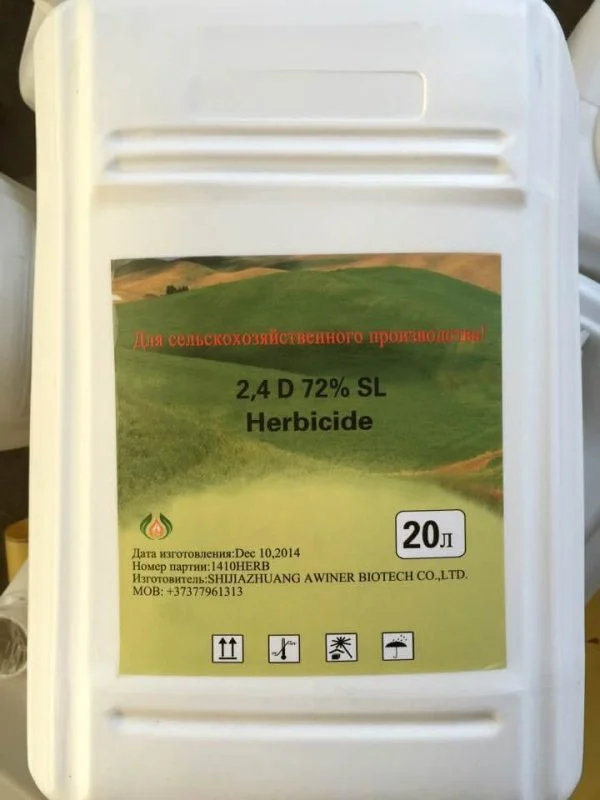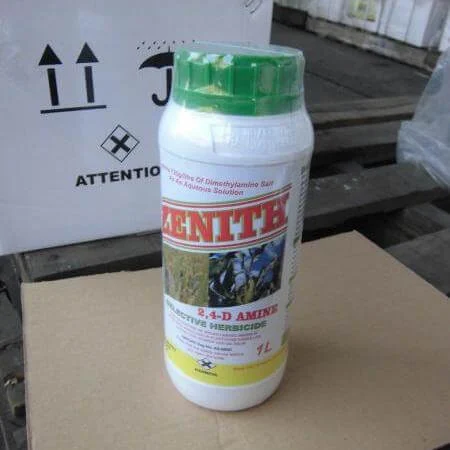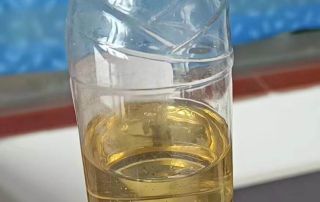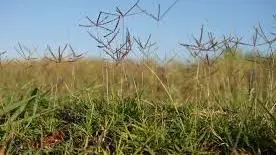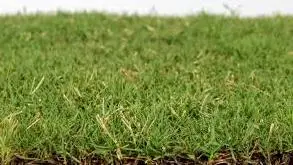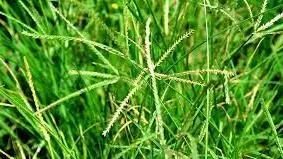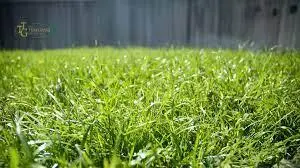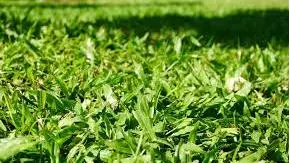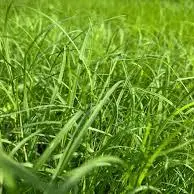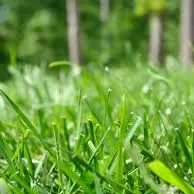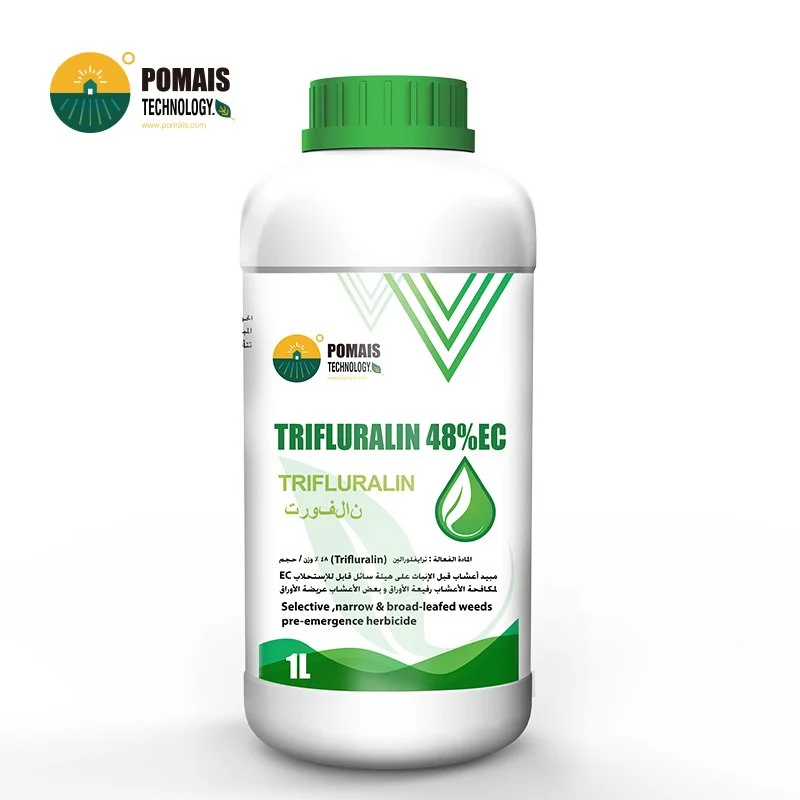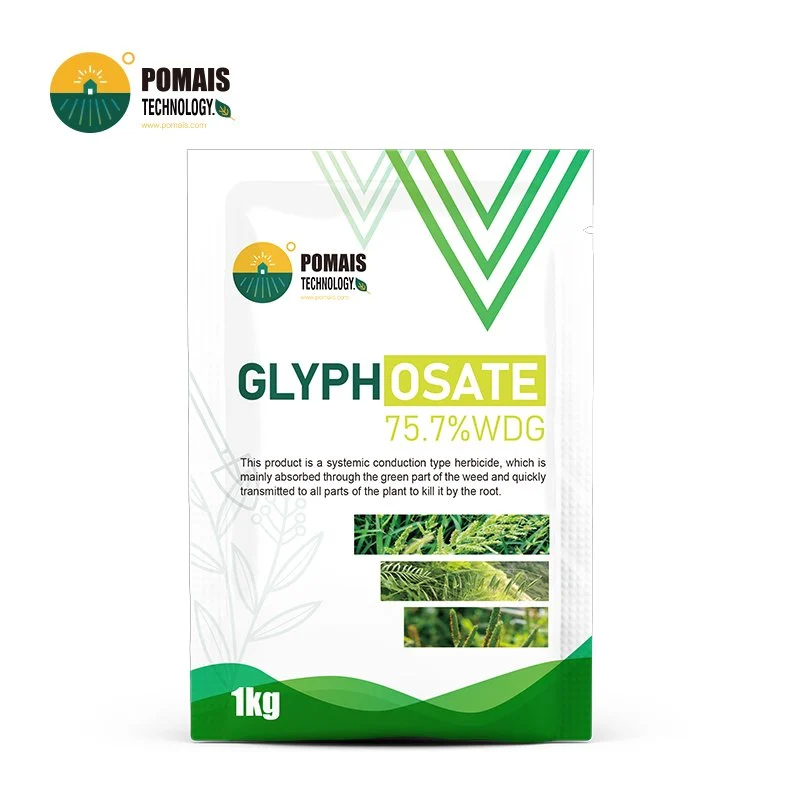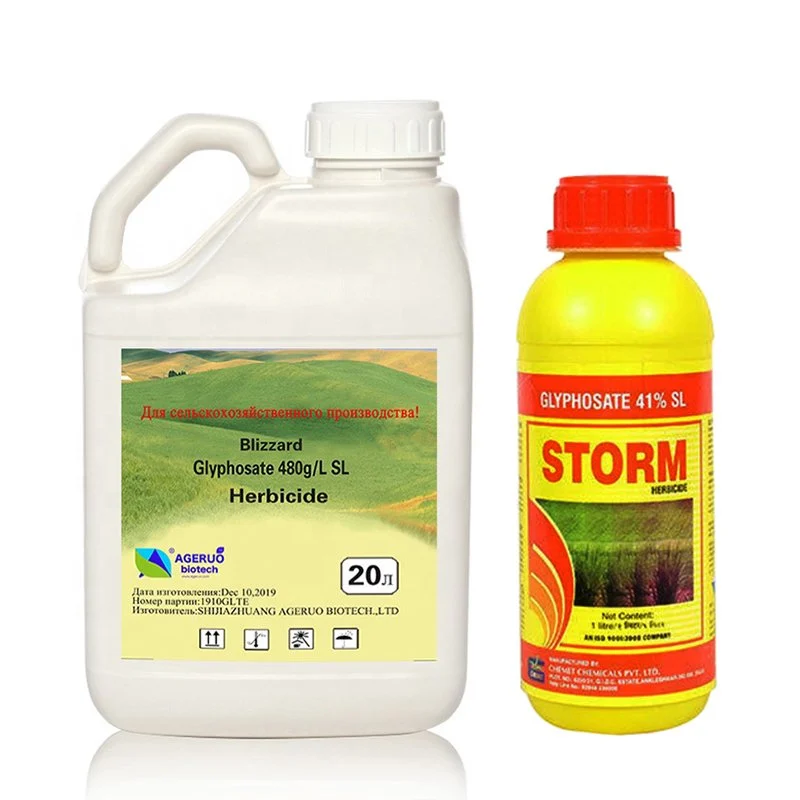2,4-D vs. Bermuda Grass: Will 2,4-D Kill Bermuda Grass?
2,4-D is a commonly used selective herbicide designed primarily for controlling broadleaf weeds in turfgrass, pastures, and agricultural crops. However, many people ask whether 2,4-D will kill Bermuda grass, a popular warm-season grass. In this article, we’ll explore the nature of Bermuda grass, the action of 2,4-D, and alternatives to manage Bermuda grass and other weeds effectively.
What is Bermuda Grass?
Bermuda grass (Cynodon dactylon) is a warm-season grass commonly used in lawns, golf courses, sports fields, and pastures due to its durability, heat tolerance, and dense growth. It is a perennial grass that thrives in hot, dry climates but can become an aggressive weed in non-native areas.
While Bermuda grass is generally prized for its hardiness and aesthetic appeal, it can be challenging to manage in certain environments, especially when it encroaches on garden beds, flower beds, or other areas where broadleaf plants are cultivated.
What is 2,4-D Herbicide?
2,4-D (2,4-dichlorophenoxyacetic acid) is a selective herbicide that targets broadleaf weeds while leaving grasses like Bermuda grass unharmed. It works by mimicking a plant hormone, disrupting the growth process of broadleaf weeds and eventually killing them.
Does 2,4-D Kill Bermuda Grass?
No, 2,4-D will not kill Bermuda grass. Bermuda grass is a grass species, and 2,4-D is designed to specifically target broadleaf weeds. This makes it an excellent choice for managing weeds such as dandelions, clover, thistles, and plantains in Bermuda grass lawns without harming the grass itself.
How 2,4-D Works
2,4-D mimics the action of a natural plant growth hormone, which leads to excessive, uncontrolled growth in the targeted broadleaf weeds. These weeds are unable to manage the rapid growth, which causes them to eventually die off. This process does not affect grasses like Bermuda, ryegrass, or fescue, which makes 2,4-D ideal for lawns where broadleaf weeds are a problem.
Alternative Herbicides for Killing Bermuda Grass
If you’re specifically looking to kill Bermuda grass, you’ll need to consider herbicides that are effective against grass species. 2,4-D won’t work for this purpose. Here are some herbicide alternatives:
Glyphosate
- Action: Non-selective systemic herbicide, kills both broadleaf and grass species, including Bermuda grass.
- Use: Best for killing Bermuda grass in garden beds, driveways, or areas where you want to eliminate all plant life.
- Effectiveness: Kills Bermuda grass by being absorbed into the plant and working its way down to the roots. Multiple applications may be required.
Sethoxydim
- Action: Selective herbicide that targets grasses.
- Use: Ideal for controlling Bermuda grass in areas where broadleaf plants need protection.
- Effectiveness: Works by inhibiting fatty acid synthesis in grass plants, effectively killing Bermuda grass.
Fluazifop-P-butyl
- Action: A post-emergence selective herbicide used to control Bermuda grass in non-grass areas.
- Use: Typically applied in non-crop areas, turf, and landscapes.
- Effectiveness: Highly effective for Bermuda grass control with minimal impact on broadleaf plants.
Comparison Table: Herbicides for Bermuda Grass Control
| Herbicide | Effectiveness on Bermuda Grass | Broadleaf Weed Control | Type of Herbicide | Best Use Case |
|---|---|---|---|---|
| 2,4-D | No, does not kill Bermuda grass | Yes | Selective, Broadleaf-only | Ideal for broadleaf weeds in Bermuda grass |
| Glyphosate | Yes, kills Bermuda grass | No | Non-selective, systemic | For complete plant elimination in non-crop areas |
| Sethoxydim | Yes, selective against Bermuda grass | No | Selective, grass-targeting | For killing Bermuda grass while preserving broadleaf plants |
| Fluazifop-P-butyl | Yes, selective against Bermuda grass | No | Selective, grass-targeting | For controlling Bermuda grass in turf and landscapes |
Other Weeds Controlled by 2,4-D
While 2,4-D is not effective against Bermuda grass, it is highly effective against many broadleaf weeds, such as:
- Dandelions
- Clover
- Thistles
- Plantains
- Chickweed
- Moss
- Violets
2,4-D is frequently used in lawn care to control these types of weeds in Bermuda grass and other types of turf without damaging the grass itself.
Summary
- Does 2,4-D kill Bermuda grass? No, 2,4-D does not harm Bermuda grass, as it is selective for broadleaf weeds.
- What herbicides can kill Bermuda grass? Glyphosate, Sethoxydim, and Fluazifop-P-butyl are examples of herbicides effective against Bermuda grass.
- Other broadleaf weeds controlled by 2,4-D: Dandelions, clover, thistles, and more.
In conclusion, while 2,4-D is an excellent herbicide for controlling broadleaf weeds in Bermuda grass, it will not harm Bermuda grass. For those looking to control Bermuda grass itself, you will need to use alternative herbicides like glyphosate or Sethoxydim. Always follow the manufacturer’s instructions for safe and effective application.
2,4-D is a commonly used selective herbicide designed primarily for controlling broadleaf weeds in turfgrass, pastures, and agricultural crops. However, many people ask whether 2,4-D will kill Bermuda grass, a popular warm-season grass. In this article, we’ll explore the nature of Bermuda grass, the action of 2,4-D, and alternatives to manage Bermuda grass and other weeds effectively.
What is Bermuda Grass?
Bermuda grass (Cynodon dactylon) is a warm-season grass commonly used in lawns, golf courses, sports fields, and pastures due to its durability, heat tolerance, and dense growth. It is a perennial grass that thrives in hot, dry climates but can become an aggressive weed in non-native areas.
While Bermuda grass is generally prized for its hardiness and aesthetic appeal, it can be challenging to manage in certain environments, especially when it encroaches on garden beds, flower beds, or other areas where broadleaf plants are cultivated.
What is 2,4-D Herbicide?
2,4-D (2,4-dichlorophenoxyacetic acid) is a selective herbicide that targets broadleaf weeds while leaving grasses like Bermuda grass unharmed. It works by mimicking a plant hormone, disrupting the growth process of broadleaf weeds and eventually killing them.
Does 2,4-D Kill Bermuda Grass?
No, 2,4-D will not kill Bermuda grass. Bermuda grass is a grass species, and 2,4-D is designed to specifically target broadleaf weeds. This makes it an excellent choice for managing weeds such as dandelions, clover, thistles, and plantains in Bermuda grass lawns without harming the grass itself.
How 2,4-D Works
2,4-D mimics the action of a natural plant growth hormone, which leads to excessive, uncontrolled growth in the targeted broadleaf weeds. These weeds are unable to manage the rapid growth, which causes them to eventually die off. This process does not affect grasses like Bermuda, ryegrass, or fescue, which makes 2,4-D ideal for lawns where broadleaf weeds are a problem.
Alternative Herbicides for Killing Bermuda Grass
If you’re specifically looking to kill Bermuda grass, you’ll need to consider herbicides that are effective against grass species. 2,4-D won’t work for this purpose. Here are some herbicide alternatives:
Glyphosate
- Action: Non-selective systemic herbicide, kills both broadleaf and grass species, including Bermuda grass.
- Use: Best for killing Bermuda grass in garden beds, driveways, or areas where you want to eliminate all plant life.
- Effectiveness: Kills Bermuda grass by being absorbed into the plant and working its way down to the roots. Multiple applications may be required.
Sethoxydim
- Action: Selective herbicide that targets grasses.
- Use: Ideal for controlling Bermuda grass in areas where broadleaf plants need protection.
- Effectiveness: Works by inhibiting fatty acid synthesis in grass plants, effectively killing Bermuda grass.
Fluazifop-P-butyl
- Action: A post-emergence selective herbicide used to control Bermuda grass in non-grass areas.
- Use: Typically applied in non-crop areas, turf, and landscapes.
- Effectiveness: Highly effective for Bermuda grass control with minimal impact on broadleaf plants.
Comparison Table: Herbicides for Bermuda Grass Control
| Herbicide | Effectiveness on Bermuda Grass | Broadleaf Weed Control | Type of Herbicide | Best Use Case |
|---|---|---|---|---|
| 2,4-D | No, does not kill Bermuda grass | Yes | Selective, Broadleaf-only | Ideal for broadleaf weeds in Bermuda grass |
| Glyphosate | Yes, kills Bermuda grass | No | Non-selective, systemic | For complete plant elimination in non-crop areas |
| Sethoxydim | Yes, selective against Bermuda grass | No | Selective, grass-targeting | For killing Bermuda grass while preserving broadleaf plants |
| Fluazifop-P-butyl | Yes, selective against Bermuda grass | No | Selective, grass-targeting | For controlling Bermuda grass in turf and landscapes |
Other Weeds Controlled by 2,4-D
While 2,4-D is not effective against Bermuda grass, it is highly effective against many broadleaf weeds, such as:
- Dandelions
- Clover
- Thistles
- Plantains
- Chickweed
- Moss
- Violets
2,4-D is frequently used in lawn care to control these types of weeds in Bermuda grass and other types of turf without damaging the grass itself.
Summary
- Does 2,4-D kill Bermuda grass? No, 2,4-D does not harm Bermuda grass, as it is selective for broadleaf weeds.
- What herbicides can kill Bermuda grass? Glyphosate, Sethoxydim, and Fluazifop-P-butyl are examples of herbicides effective against Bermuda grass.
- Other broadleaf weeds controlled by 2,4-D: Dandelions, clover, thistles, and more.
In conclusion, while 2,4-D is an excellent herbicide for controlling broadleaf weeds in Bermuda grass, it will not harm Bermuda grass. For those looking to control Bermuda grass itself, you will need to use alternative herbicides like glyphosate or Sethoxydim. Always follow the manufacturer’s instructions for safe and effective application.

